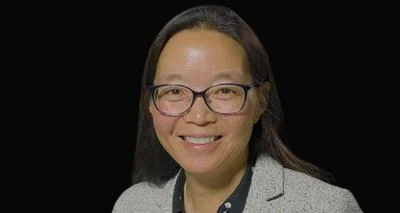Alan Kaplan, Chief Executive Officer | U. of Wisconsin Hospital and Clinics
Alan Kaplan, Chief Executive Officer | U. of Wisconsin Hospital and Clinics
Researchers at the Carbone Cancer Center are investigating a new approach to treat metastatic breast cancer that is resistant to current therapies. The project, led by Wei Xu, PhD, co-director of Carbone Cancer Center’s Genetic and Epigenetic Mechanism Program and associate director of McArdle Laboratory for Cancer Research, focuses on understanding the cell processes behind various subtypes of breast cancer.
Xu's research targets metastatic estrogen receptor positive, HER2-positive breast cancer. This subtype represents about 15-20% of breast cancer cases in the United States. These cancers rely on estrogen for growth and produce excess HER2 protein.
“HER2-positive cancer is an understudied cancer. It’s correlated with poor prognosis because the cancer cells kind of rewire their signal pathway [to resist treatments],” Xu said.
Over five years, Xu’s team found that Aurora A kinase, an enzyme important in cell reproduction, plays a role in how these cancers grow when they become resistant to treatment. To analyze the mechanisms involved, Xu partnered with Huy Dinh, PhD, assistant professor at McArdle Laboratory and Carbone researcher specializing in bioinformatics. They used single-cell RNA sequencing to study gene expression in individual cancer cells.
“We really make use of cutting-edge technology,” Xu said. “We used single-cell RNA sequencing to identify what the real drivers [of cell growth] are, like when you inhibit one pathway [that regulates cell growth and division], another one gets activated. Using this analysis, we identified a driver that is responsible for that therapeutic-resistant type of cell.”
With this information, Xu’s lab began pre-clinical tests combining two FDA-approved drugs: an anti-HER2 drug and another drug that blocks Aurora A kinase activity.
“We show, using a number of preclinical models, that if you target that new driver, the cancer cell becomes sensitized to the anti-HER2 treatment,” said Xu. “So we think this combination will give a better result than just anti-HER2 treatment for cancers expressing both estrogen and HER2.”
Xu is collaborating with Dr. Kari Wisinski, deputy director for Carbone and a breast cancer medical oncologist, to plan a clinical trial aimed at validating this new combination therapy.





 Alerts Sign-up
Alerts Sign-up